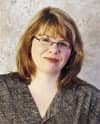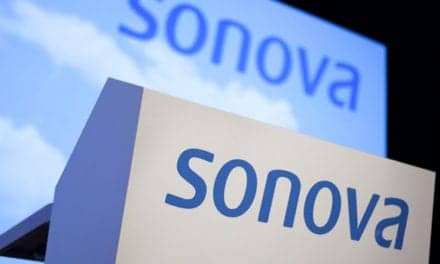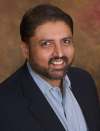
In an interview with McCallum and her family on September 20, 2002, on ABC-TV’s Good Morning America, the day following the activation, McCallum recalls her emotional response to the first sounds she’d heard: her audiologist’s clapping hands, followed by her son pounding a drum. However, it was later, during a private moment while brushing her teeth, that McCallum found that the sound of water flowing in the sink especially moved her. It reminded her of the challenges faced by her role model, Helen Keller, whose first sensory/word response was to flowing water. No doubt this highly charged, emotional interview caught the attention of many deaf and hard-of-hearing individuals across the country.
Researchers at the National Campaign for Hearing Health, sponsored by the Deafness Research Foundation, estimate that at least 700,000 Americans who experience deafness or significant hearing loss can benefit from cochlear implants. Aside from fear of surgery and excessive expense (cochlear implants can cost as much as $50,000), hearing professionals face obstacles with a certain faction of the deaf community that seems to object to invasive methods as implants to artificially improve hearing. They feel that the unity of deaf culture is being threatened by such procedures. As more high-profile individuals, such as McCallum, become advocates as well as recipients of cochlear devices, I hope that the resistance to the procedure in the deaf community will gradually subside.
As a result of such positive media coverage, the demand for such technologies as cochlear implants will be certain to increase, giving audiology professionals an opportunity to help a greater number of individuals broaden their communication skills and become part of the hearing world.

Rogena Schuyler Silverman
Senior Editor
[email protected]





